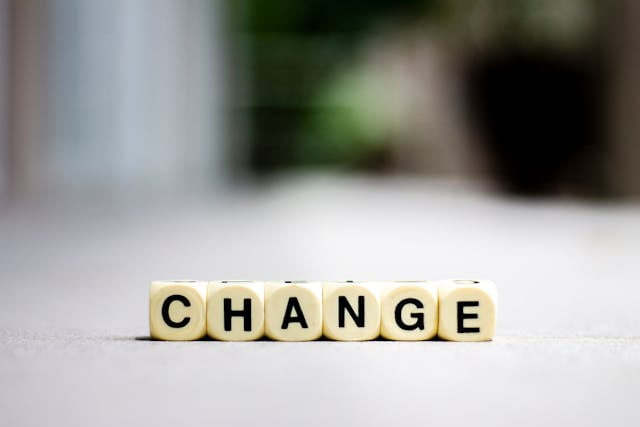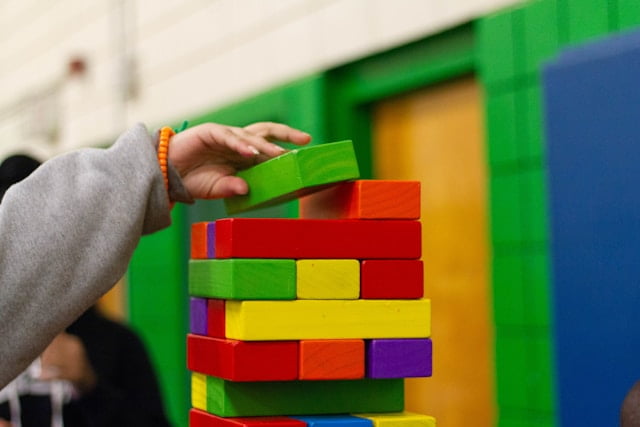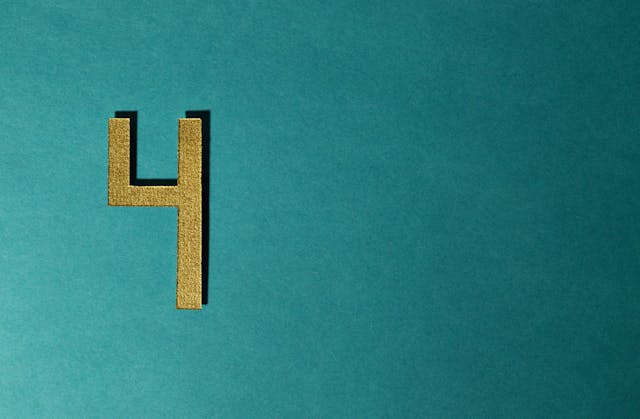I could tell you any number of stories about the times I have messed up. Not those fake humble-brag stories people tell on TV talk shows or in job interviews but real stories where I got things wrong.
Your failures are an incredible source of information to learn how to do stuff better and what tasks or roles to find other people to do.
Lesson 1
The worst stories are the ones where other people were affected. Where I got a funding application tactic wrong, when I lost an important document, when I asked people to work harder than I should have, when I over-estimated my ability to get something done alone and did not ask for help. But I only know this because I have spent time and energy re-living, reviewing and rethinking what went wrong. I still battle with that last one-overestimating my own abilities, but I am getting better. And as long as I keep looking back, then I can plan to go forward.
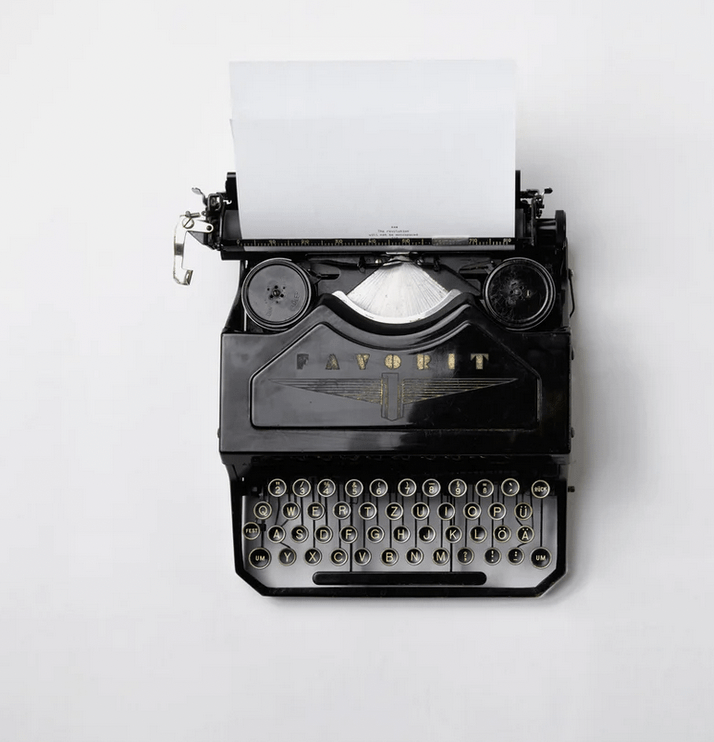
Writing the story you want to live makes you brave.
Lesson 2
I didn’t realise for the longest time, that my future could be completely different from my present. That future Jane could be completely different from present Jane, if that was what I wanted. I could lead and work in any way I chose, and choose the way best suited to me and to my team. I soon realised the easiest way for me to lead, would be to be my best self, as often as possible, for as long as possible.
The strongest chance I have of being a better Jane more often, is when I can clearly articulate the future I want to occupy, whether at societal, community, sector or even at family level. When I can tell you a story of what the future looks like and identify the changes that would need to take place for that to happen, then I can get me/us moving in the right direction.
Going back to university and seeing my income drop by two-thirds in my 40’s was scary for a financially risk-averse person. But I wanted to be a credible challenge to the management practices I saw and worried about. I could imagine a time in the future, where I could use my privilege, my experience, and my expertise to help improve management and volunteer practices in sport. To do that I needed broader knowledge and expertise than I had. I needed the academic grounding in organisational behaviour and psychology to credibly challenge. The story I told myself about future Jane and what she could do, made me braver and bolder in the present. Off to university I went.
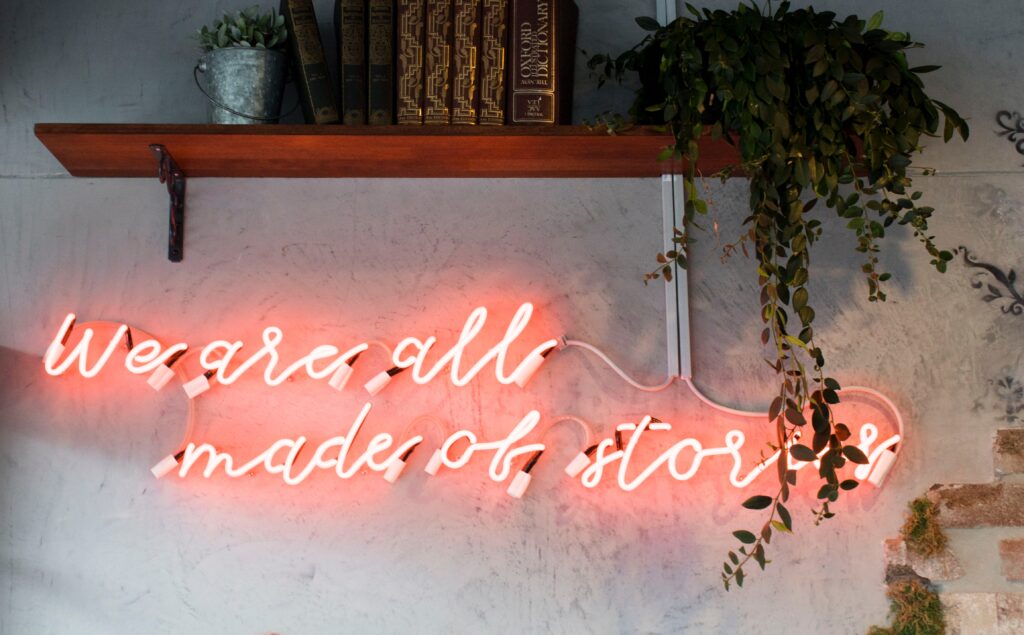
The stories you want to be remembered for are a window into the person you want to be more often.
Lesson 3
There was a moment in my early career when I stood in the middle of a large, busy office and I listened to a senior member of staff say something that wasn’t fair. There was another moment, later in my life, where I sat in a quiet, luxury corner office and listened to a senior figure in the industry say something that wasn’t right. Neither of these incidents would directly impact my work. But in both situations, there would be a huge impact on my colleagues.
The choices I made in both those situations are two of the proudest moments of my life. In the first incident, I spoke up on behalf of others and used my privilege as someone not affected by the decision to call out the senior staff member. After the second situation, I spent the next 3 years figuring out how I could influence key people to ensure incidents like that never happened again. I know that decades on, these are still two of my proudest moments. But I also know I can count far more incidents when I did not take action. So these stories help me to remember who I want to be more often.
These pride stories change over time. What was once a proud tale of success may become a moment of regret with hindsight.
Lesson 4
This lesson has helped me wear success more lightly. For the longest time, I was proudest of my ability to work longer hours than anyone I knew, for a higher number of consecutive days than anyone I knew. And I was even prouder of building a team that was engaged and motivated to do the same. We could do more than any team I’d ever known and “no” just didn’t exist as a response to a challenge. Now I look back and remember many good times, but also that my approach was borderline toxic in places, leaving little room for people to have effective work/life boundaries and balance. It’s taken years of telling proud stories about the team, and learning outside my comfort zone, to recognise the power I had to set and over-extend expectations and push harder than I should have.

Being angry about the right thing is a superpower. Being angry about the wrong thing is poisonous.
Lesson 5
I’ve always been fierce in the way I experienced emotions. I never just “liked”, instead I “loved” or “adored”, whether it was a toy, or a snack, or an idea. Rubbish experiences were never bad, they were “dreadful, ‘horrific”, “the end of the world”. When I started to discover the world wasn’t perfect and that humans designed stupid systems and made mistakes, it got worse and I would get really mad. And for a long time that was too much for a lot of people. Periodically, it was even too much for me and I would get tired of caring so much. But mostly it was what motivated me, what fired me up, and what stimulated my brain to work a bit faster than usual.
However, when I tried to fix things and failed, I soon learned the importance of choosing what to care about. Sometimes I failed because I hadn’t brought people with me. I blamed them for not caring. I blamed myself for not pushing enough. Now I know that often, I was caring about things that just didn’t matter to other people and shouldn’t have mattered to me. And only when I care about something that should matter, that others do care about, only then I can convince the people who have the skills to fix the issue, to get involved. Now I’ve learned that when I’m truly angry, when I experience bone-deep emotion about an issue or problem, I must ask myself first “why do I care so much and will changing the situation actually give people a better experience of work/life?”
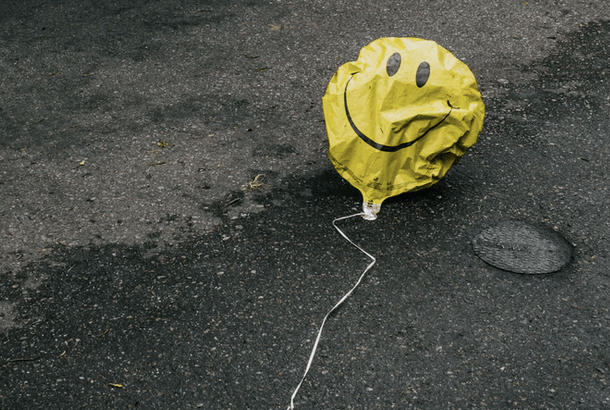
Disappointment should be a friend. It means you tried and it means you cared.
Lesson 6
I’m still learning this one every day. For me, disappointment can be crippling, at least for a while. It’s the most common reason I don’t try something or ask for something. I have a better imagination than I do skills and that means that my imagined solution is better than the solution I can actually execute. When I went back to university at 42, I was scared of scraping by and feeling stupid. Very soon into the course, I found I wasn’t terrible, though definitely no superstar. A couple of good marks later and I was overjoyed, beside myself with happiness. There was hope for an end result that was better than average. And whilst I definitely didn’t work as hard as I could have done in my final six months, I really tried to do a decent, final piece of work.
The result I got was absolutely a result I would have been chuffed with two years earlier, prior to starting. It was also the result I think I deserved. But in that moment, when I got my result, I experienced disappointment like I have rarely felt before and I was sad for a long time. In fact, eight months later I’m still a bit tender. But the disappointment is a marker that I tried and I cared. There has rarely been a workday in my life, where I haven’t been disappointed by something I did or didn’t do. But I know I’m happiest and most satisfied when I am able to say honestly that I tried.
which leads me finally onto……
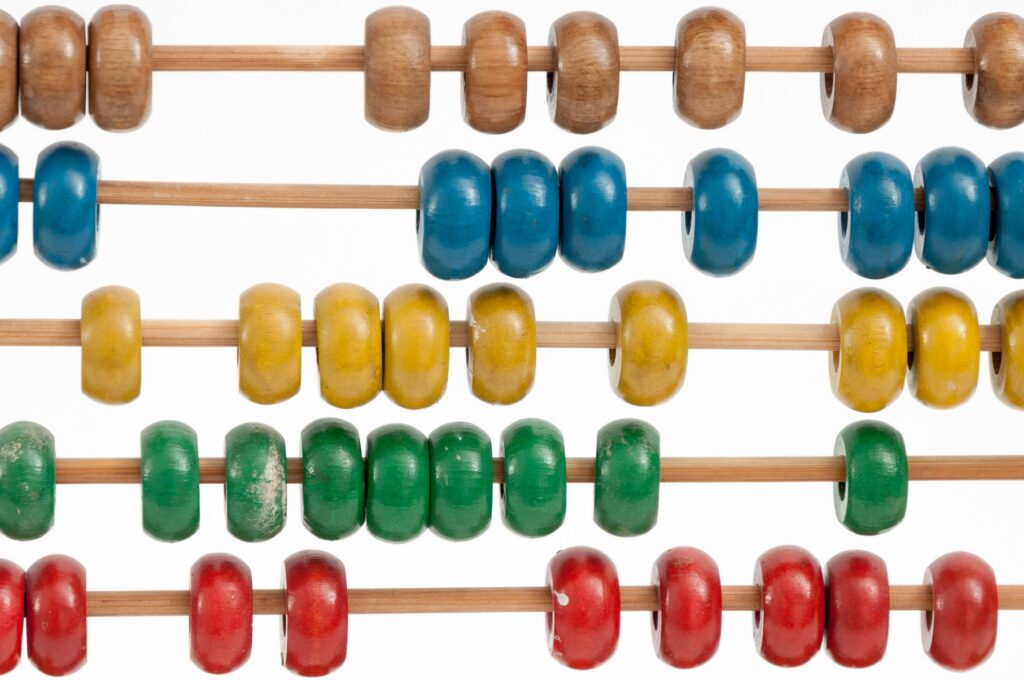
Count the inputs, not the outputs
Lesson 7
This is one for all procrastinators, deadline-driven people and those who aren’t smarter than the room but are often a little quicker than the room.
When I was younger, I took immense pride in getting a “good enough” result or output with the bare minimum effort (or input). I was so proud of being the fastest at solving something, even if it wasn’t executed brilliantly. Marks just enough to get into the right university or just enough to avoid resits. Just enough to meet the criteria for that project or funding or job I wanted. But no matter what the result, I was disappointed because I was always thinking I could have done more and done better. The most problematic side-effect was that I never actually worked out what I was good at and bad at. Just what I was quick at. And it got so bad I dreaded doing any complex piece of work I cared about because I believed I would always be disappointed by the result.
Now I know from Lesson 6 that what matters most is my satisfaction with my effort and commitment, not the result. When I grade myself against my own standards of input or effort or execution of task, then I’m being more honest with myself about my performance. Using an adapted version of the sports performance goal approach, I am much better at appraising my own performance and avoiding the highs and lows of output measures. All too often outputs are heavily influenced by factors we don’t control, whether they are exam results, funding outcomes, promotions, pay rises, business profits or client satisfaction scores.
So there you have it. Seven of my many lessons from failure. There are more, some I don’t feel brave enough to share. Maybe, if we all keep telling our stories and make failure and reflection more normal, then maybe one day I won’t need to feel brave.


